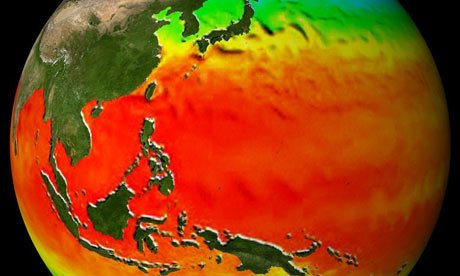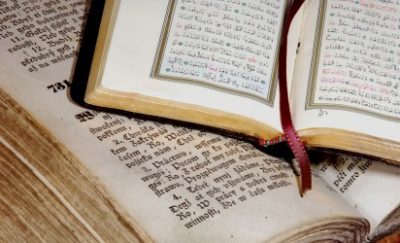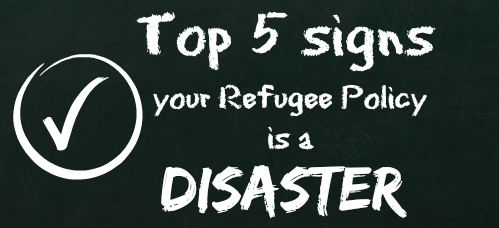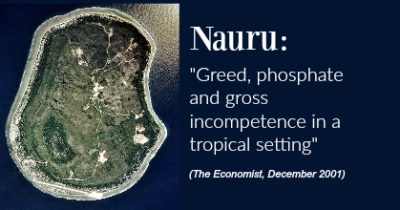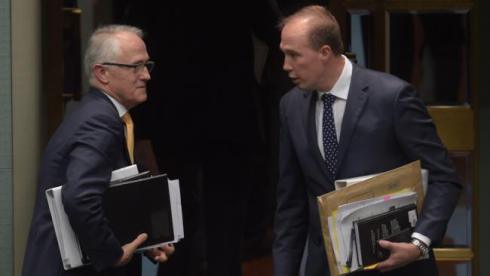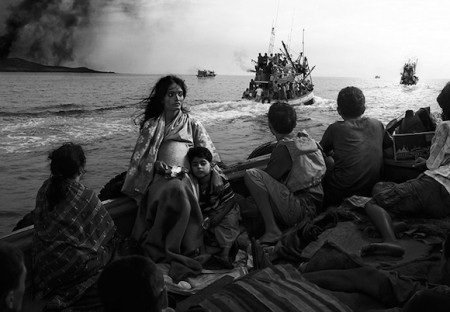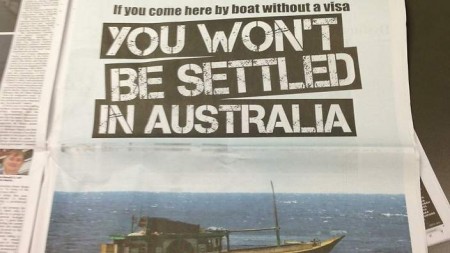On September 14, as Pauline Hanson reminded us that Australia is being swamped by Asians… Sorry. Let me start again. As Pauline Hanson reminded us that Australia is being swamped by Muslims, a forum was taking place in some of Melbourne’s most elite surroundings, where a society of the country’s top businessmen, journalists and ex-politicians discussed the same message: the decline of the West is upon us and it is the result of Muslim migration.
Most of the chattering classes discussing the re-rising of the stale Hanson soufflé seem to see the rise of bigotry as the misdirected misery of the disenfranchised. We are told to empathise with the unemployment and diminishing living standards of the battlers. We are urged to understand their scarifying commentary on social media and pushing around of Muslim women on the streets. We are condemned for condemning.
Those of us who consider ourselves centrist or progressive are more likely to be infuriated that the propaganda campaign to focus the pain and anger of these disadvantaged by our IPA-led government on minority groups is working so effectively. Thanks, Andrew Bolt and emulators.
Most of us engaged in this discussion see the government’s policies that galvanise this bigotry as expedient pandering to key electorates in an era of indistinguishable political parties.
In the light of the “Boston, Melbourne, Oxford and Vancouver Conversazione on Culture and Society” Spring 2016 event, however, we need to consider to what degree our politicians are governing us through policies based on a genuine fear that the Judaeo-Christian West is on its deathbed.
In reporting on this event and attributing comments to their speakers, I am breaching the Chatham House rules that forbid this. I argue, however, that the public interest demands we breach this safe space for conservative hysteria. Too many power-brokers attended this event for it to remain, as a commenter has noted, a “crypto-fascist” organisation.
The program that accompanied the day included informed and nuanced essays about the nature of the world’s crisis of displacement. Cardinal George Pell’s essay generally spoke in a balanced fashion about the current crisis and our need to be humanitarian (while protecting our culture).
Dr Colin Rubinstein pointed out the critical importance of maintaining the distinction between the religion Islam and the “violent totalitarian ideology” of Islamism which mostly destroys other Muslims.
Sadly the speakers presenting on the day mostly did not match these more nuanced positions. The coordinator, LaTrobe university’s Professor Claudio Veliz, crafted instead a day of overblown and dangerous propaganda. The organising committee had not been able to balance his choice of speakers. The more centrist members of the society seemed horrified by the day. At least 1930s Berlin had cabaret.
In the vaulted Christian space of the Scots’ Church on Collins St, the day began with a lecture from David Pryce-Jones. This Viennese-British commentator titled his speech “Ex Oriente Nox” or “Out of the East comes Darkness.”
This perversion of the older saw – that the East brings Lux or enlightenment – was established in a eugenics journal in 1933. Pryce-Jones stripped Western interference in the Middle East from history: Ayatollah Khomeini arose by chance in his narrative. Cold War and oil-based overthrowings of regimes are thus erased from our understanding. The Taliban cease to be the foster-child of the CIA. Fundamentalism becomes a sickness purely from within Islam.
This tirade set the mood for a day of luxurious foreboding.
Sam Lipski, as official responder to that paper, bemoaned the sad prescience of Pryce-Jones, who has long forecast that Islam is a danger. One doubts that the nostalgia for the dying of the Pax Americana that emerged throughout the day is shared in the Middle East by those whose lives have been repeatedly thrown into chaos by Western-imposed borders, interventions, armies, and drones.
Geza Jeszenszky, former Hungarian foreign minister, contextualised our discussion in a Big(gish) History perspective of human migration… but stop the Muslim “inundation” anyway.
Apparently fleeing barrel bombs, starvation and persecution is a pursuit of the “easy life.” Given that he is most notorious for publishing that the Roma (Gypsy) are substandard because they routinely practise incest, we got off lightly.
Daniel Johnson, son of conservative English intellectual Paul Johnson and a conservative journalist himself, gave a much more polymathic dissertation on the dying days of the West. He dwelt on Oswald Spengler’s The Decline of the West and the end of our “Faustian” civilisation.
The prophets of doom rang loud, but he concluded with the encouraging vision that Brexit could save us.
More moderate voices such as Ted Baillieu celebrated Melbourne’s multiculturalism and Julian Burnside gently urged the gathering to protect our values from ourselves if we truly want to protect our values. Brian Loughnane and Chris Uhlmann spoke in a measured fashion by contrast with the extremists.
But the day’s lectures were capped by the most obnoxious of papers by Greg Sheridan. A self-indulgent celebration of his own involvement in the politics of recent decades, he trumpeted his own great work with Santamaria in forcing Malcolm Fraser to embrace the true refugee: those early people fleeing the fall of Saigon.
Apparently, every refugee in the years that followed that first justified exodus has been a chancer, aiming to make good in luckier countries. The Cold War, for Greg, seems to be when history really happened, and plucky students like himself fought for our involvement in the Vietnam war, if not fighting in the war themselves. The only true refugees fled the Communist horror.
It’s delightful to see that our national masthead’s foreign editor (since 1992) has such a firm grip on the complexity of historical developments since his student politics heyday.
Sheridan celebrated Howard and Abbott’s courage in being the guard dogs who do indeed bark. The fact that international criminal law has had to be repeatedly broken, human rights abused and treaties contravened, is just part of a good dog’s work.
Indeed I later pressed him over the fact that a day ostensibly exploring “People on the move: Causes and Consequences” had ignored the causes (apart from one aside demanding that we not attribute the world’s displacement crisis to any act by Western powers).
I suggested that we should indeed look at the West’s role amongst the causes. He spat that this position is “moral cowardice”. Make of that insult what you will; it suggests, however, an appalling inability to deal with the complexity of geopolitics and history.
A lowlight of Sheridan’s speech was his jolly assertion that better take-away food had pushed him into visiting neighbouring Lakemba; apparently a nasty Islamic bookshop there has convinced him that the vast majority of Muslims are coming to Australia to lounge on welfare before becoming terrorists. The quality of his research was deeply impressive.
He claimed, when questioned, to know lots of Muslims from his work in South East Asia. He knows there are a huge variety of people who have Islam as their connection to God. He is not, however, obliged to reflect fact in his speech to an audience, many of whom might never have met a Muslim. “That’s their problem.”
Given his record of defending the war criminal leaders of our neighbouring region, at the same time as demanding no empathy for the victims, this kind of position shouldn’t surprise.
So the cognitive dissonance: Sheridan ostensibly knows about the world’s politics and the variety of people who jostle along together on our planet, but his agenda when speaking was to demonise a vast diversity of people as a monolithic threat.
When formally questioned over dinner at the Melbourne Club (where else) about the people trapped on Manus and Nauru, he was scathing in his dismissal of their rights, as well as of Stephen Charles’s* right to ask the question.
Another of the speakers demanded we stand firm on keeping those we are abusing on their Pacific island hells. Don’t listen to worries about the children, he scoffed. “It’s always the children.”
In a Wheeler Centre talk on the Recognition campaign for Indigenous Australia, Marcia Langton observed that politicians had scolded her that they could not work to remove the racist provisions from the Australian constitution: “Now Marcia, we need to keep it there because we’ve got to deal with all these Muslims.”
At this same Melbourne Club dinner, a very senior media figure complained about “Abbos” on welfare, so the two bigotries as usual reflect the entrenched prejudice at the heart of Australian traditions.
Tony Abbott’s recent notification that he has been appointed to the board of the “Ramsay Centre for Western Civilisation” created by a million-dollar Liberal donor becomes much clearer in this context.
At the Melbourne Club, one speaker scoffed that Muslim soldiers in the Middle East referred to occupying Western troops as “crusaders.” Maybe we need to consider that a strong thread of “crusader” hysteria is genuinely informing policies in our own corridors of power.
* Stephen Charles, referred to in the article, is the author’s father.
With gratitude for the existence of the Wayback Machine for allowing me to retrieve the essay.
Like what we do at The AIMN?
You’ll like it even more knowing that your donation will help us to keep up the good fight.
Chuck in a few bucks and see just how far it goes!
Your contribution to help with the running costs of this site will be gratefully accepted.
You can donate through PayPal or credit card via the button below, or donate via bank transfer: BSB: 062500; A/c no: 10495969









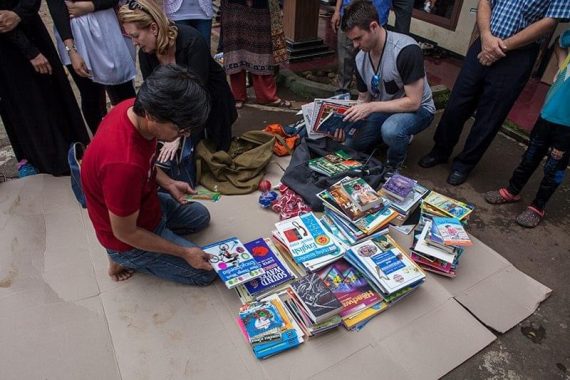

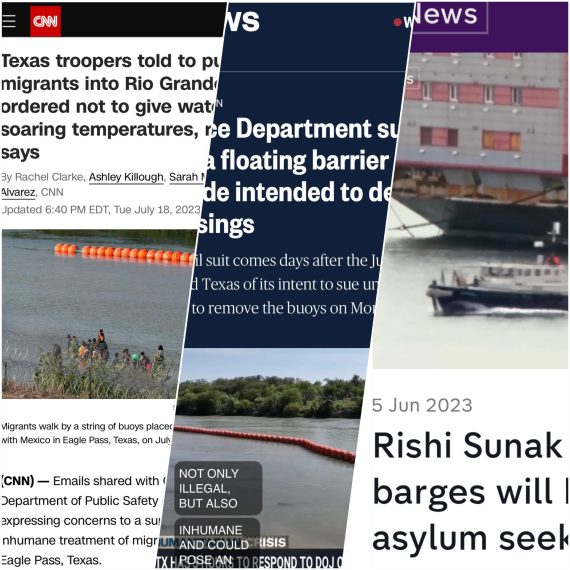
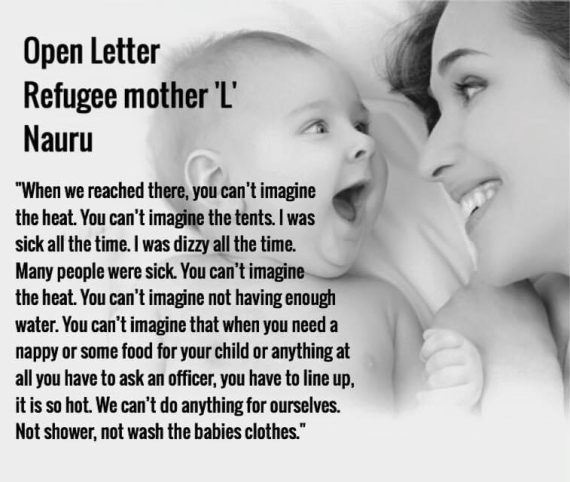
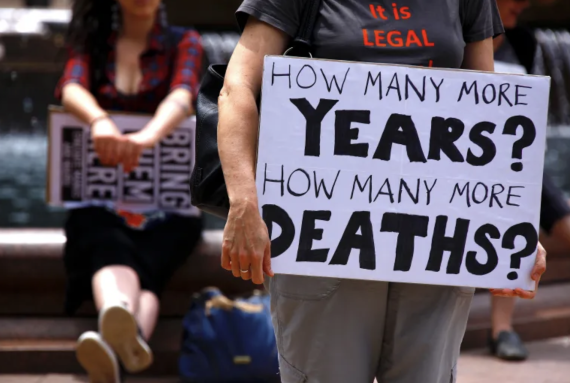
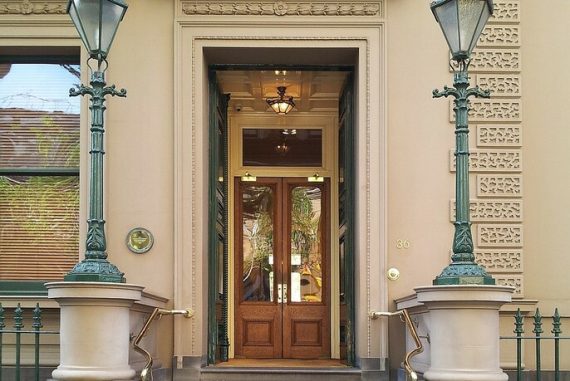
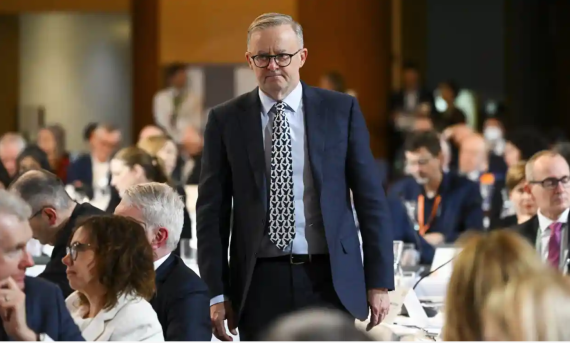
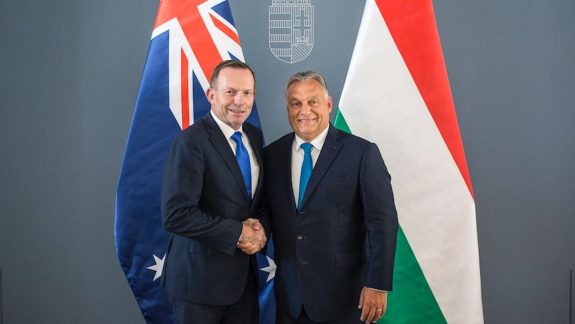
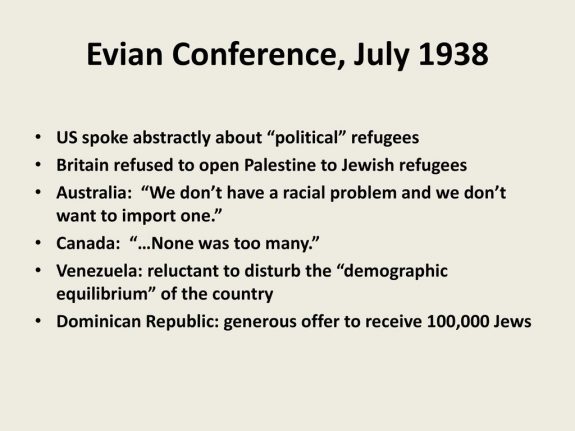
 Dr. Venturino Giorgio Venturini devoted some seventy years to study, practice, teach, write and administer law at different places in four continents. He may be reached at
Dr. Venturino Giorgio Venturini devoted some seventy years to study, practice, teach, write and administer law at different places in four continents. He may be reached at 